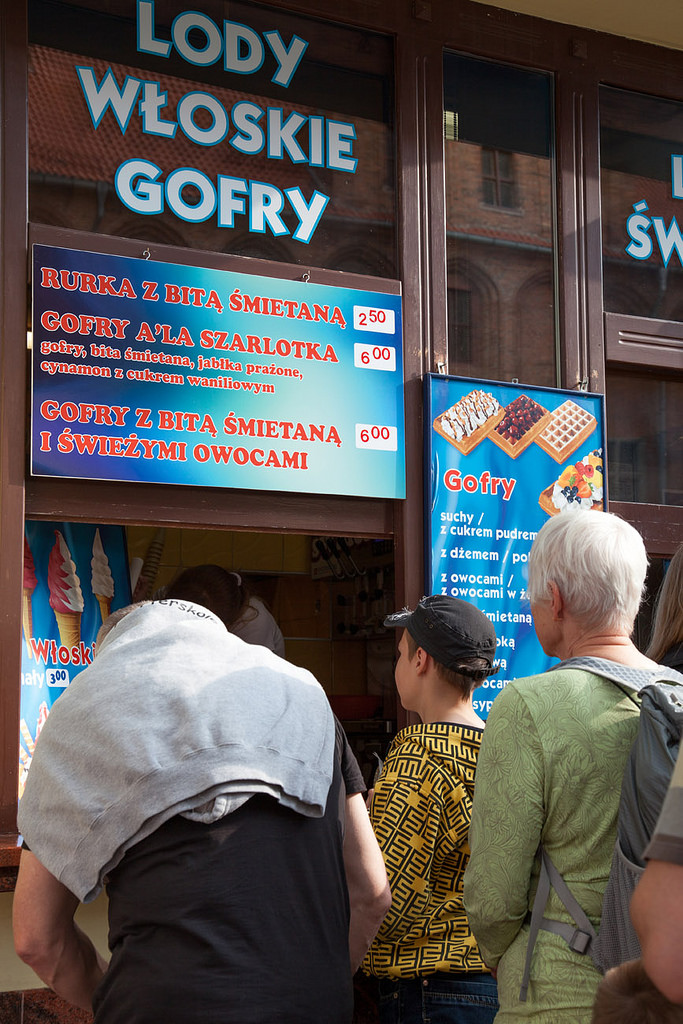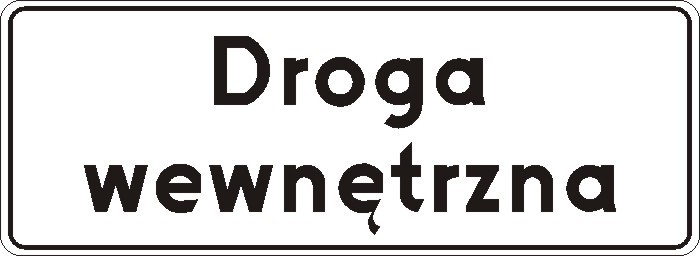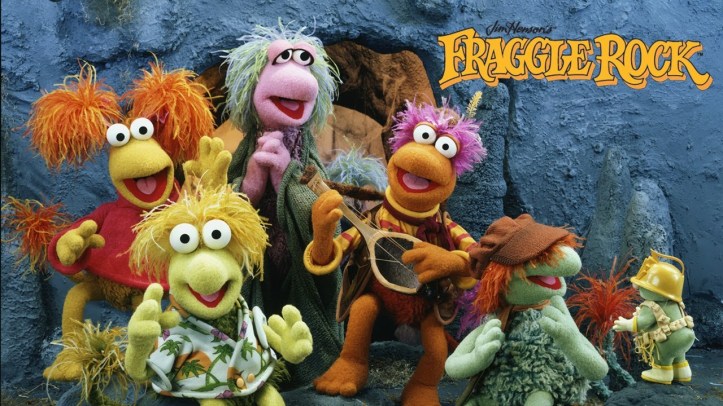After returning to Poland for the third time, now being much better at Czech I was before (and therefore being able to actually distinguish some sense in the language, rather than just hearing a big linguistic blob), I noticed some things.
First, Polish seems to me like a sound stew of Czech, Russian, and Italian.
Second, there are some really funny ways that Czech and Polish intersect.
Although Czech and Slovak are mutually intelligible, Czech and Polish are not. On the one hand, it’s quite possible to order food and communicate numbers in Czech to Polish speakers. On the other hand, there are a lot of ways in which Polish can be completely misunderstood by Czech speakers.

1. Is that a yes?
One of the first questions I asked about Czech after coming to the country was about a word I was hearing constantly. “What does tak mean?” I asked my host. I was told it is used in a large range of situations, but overall it means, simply, “so.” And it’s true. It’s used as a filler word, a transition word, confirmation, a way of ending a conversation or thought… it can variously mean “so,” “well,” “so that,” “okay then,” “uh,” “em,” and even “so that’s settled.”
But in Polish? It means “yes.”
A simple yes.
But not so simple, if you are communicating in CzePolnglish, and you ask a question and are answered, “Tak.”
Okay, I said to myself, that’s my signal to wait for a more detailed answer. So I waited, while the Polish person looked at me ever more quizzically by the millisecond. Of course by now this doesn’t phase me because it’s happened so often over the past four years.
In short, that’s why you should always brief yourself on simple words in another language before your trip.

2. Well, they’re both connected with summer.
So just chalk this one up to my imperfect knowledge of Czech. I spent a couple days wondering why, along with the word for waffles, the word lody was written on so many signs for food windows. In Czech, lod’ means “boat.” So I thought it must be some weird food metaphor and I laughed about it, until Ondra reminded me that the plural of lod’ is lodě and not lody.

Polish lody means “ice cream.” It’s connected with the word lod for ice, which in Czech is led.
3. A “false friend” if I ever saw one
If you’re a native speaker of English, what would you think the Czech word droga means?
You are correct. It means “drug.”
What does droga mean in Polish?

It means “road.”
No, it’s not that drug dealers are allowed special access to the country’s highways and shortcuts.
4. Pesky prepositions
Slavic languages, to my chagrin, have many single-letter prepositions, which are often phonetically combined with the word following it.
This is a big problem for a traveler attempting to speak CzePolish. You think those simple letters are gonna be safe, a sure thing. No such luck.
Czech: a = and. Polish: i = and. (In Czech, ‘i’ means something like “and even”)
Czech: s = with. Polish: z = with. (In Czech, ‘z’ means “from”)
Very, very confusing.
5. Have you called the fire department?
Back when I first visited Poland (on a trip to Wroclaw), I met a Polish guy who told me what Poles find funny about Czech. The main example was the word pozor, which means “Warning / Attention / Be careful.” It sounds similar to the Polish pożar, which means “fire.”
If you have a bit of Slavic language knowledge, it’s easy to decipher – from street signs or signs on public transportation – the Polish version of Czech pozor – it’s uwaga [uvaga]. I laugh at this for my own unique reasons as an English speaker, because it looks/sounds like a caveman word, or like it would be a character’s name on a beloved show from my childhood,

[…] See also: “Language Wars: Czech Versus Polish” […]
LikeLike
[…] for an all-purpose “NO!” There’s a little variation but not much (yes is sometimes different). But when you enter Greek territory, I had forgotten, that little word suddenly becomes the […]
LikeLike
[…] be fair, alkohole is actually just the word for alcohol in Polish. But it’s funny because from the outside, it just seems like it’s referencing how a […]
LikeLike
PL ‘pożar’ and in CZ ‘požár’ are pronoucd the same.
You missed best combination. Most known “search” – hledat(cz) – szukat(PL) :-p And sklep – in cz it means cellar and in pl it means shop. Best is, if polish man told you “Pojd poszukame to w sklepie” (We’ll find it in the store) (for cz it means Lets have sex in the shop)
LikeLike
that last one a polish guy told me and he thought that the fact “pozor” was so close is funny.
and i know about the word “szukat,” but this is a “family-friendly” blog so to speak, so that’s why i didn’t include it 🙂 also, i was lucky not to encounter it unexpectedly on my trip 😛
LikeLike
That Polish guy must have missed the obvious Polish word ‘pozór’, which is a cognate of the Czech ‘pozor’. ‘Pozór’ means ‘appearance’ or ‘pretence’ – something that looks in a certain, albeit deceptive way. The adjective ‘pozorny’ means superficial, ostensible. Thus ‘zachować pozór’ means to keep up appearances, to keep pretending in Polish, while in Czech ‘zachovat pozor’ would mean to keep vigilant.
LikeLike